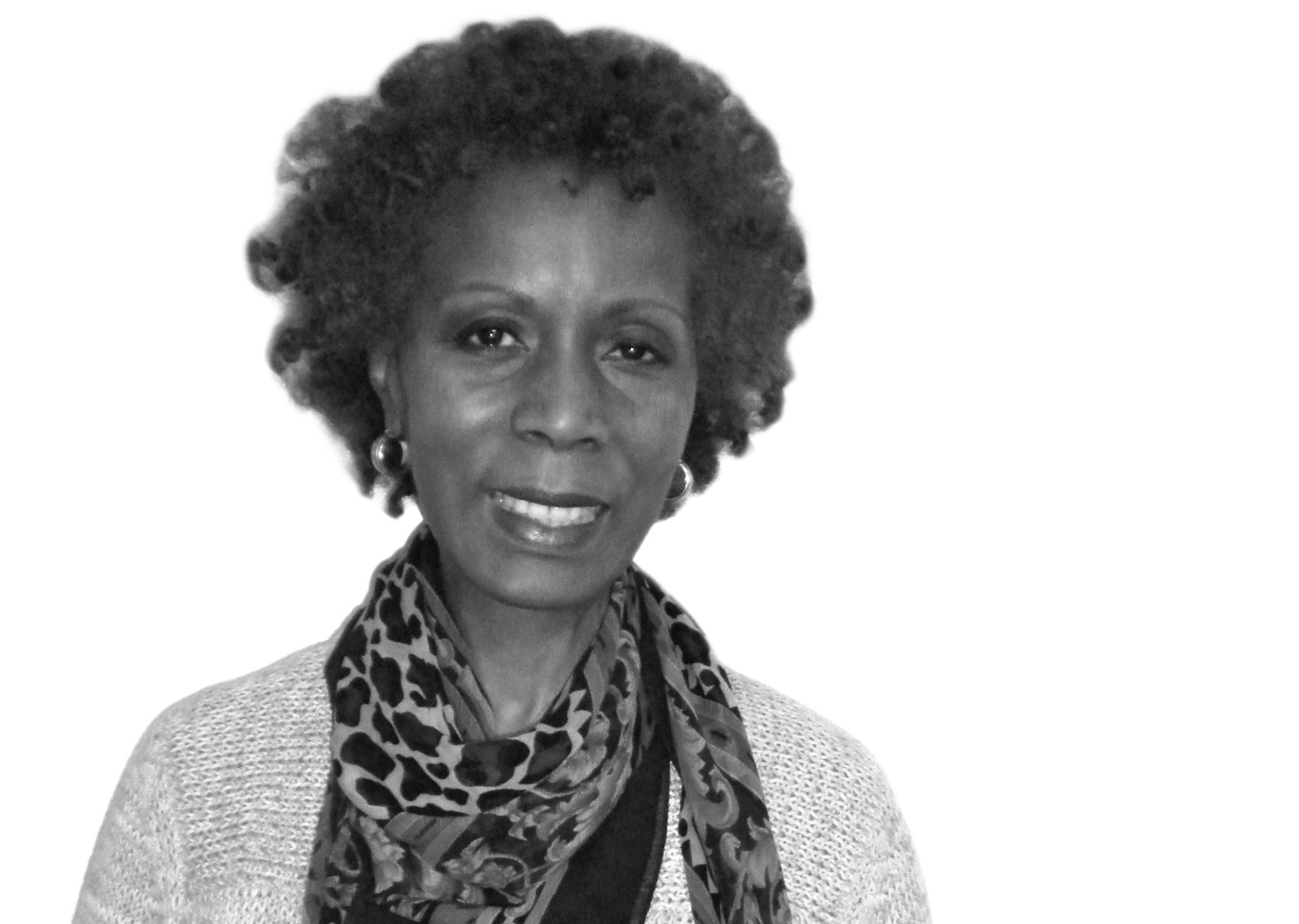
Tyrant’s Foe: Mothers Against Teen Violence Founder Helps Families Heal

A version of this story ran in the April 2013 issue.
Above: Joy Strickland, founder and CEO of Mothers Against Teen Violence.
“Healing doesn’t mean that you don’t have scars. Healing doesn’t mean that your life goes on just as it was before. Your life changes in ways that you can’t imagine,” Joy Strickland, founder and CEO of Mothers Against Teen Violence, tells me softly, taking a sip of Earl Grey tea and a delicate bite of biscotti in her home in a quiet, pleasant Dallas neighborhood. Nearly 20 years ago, Strickland lived through every parent’s version of hell. In 1994 her eldest son Chris and a friend were killed at age 19 by two drugged teenagers who were carjacking them.
“It was such a horrendous experience losing a child,” Strickland says. “It’s just an unimaginable pain.” Two of her fellow church members suggested she form a support group for mothers like herself, but Strickland put the idea off as she grieved. Not long after the first trial for her son’s murderers, though, Strickland revisited it. “It hit me that, you know, I really need to do something. I need to fight back.” The first meeting of Mothers Against Teen Violence took place soon after, in 1994.
The founding of the group was timely: “If you’ll think back in that time period—1994, 1995—teen violence was on everyone’s lips,” Strickland says. Her group received immediate media attention, and within the first six months won a contract with the city of Dallas and received ample donations through a local radio program. Strickland, who had once worked at IBM, threw her energy into the group, using her marketing and organizational expertise to jumpstart the project.
After several years of meeting with the support group, Strickland longed for change: “It keeps you in the mode of being the victim when you’re constantly talking about your tragedy, and that becomes your story, and you carry that story everywhere with you. And I think really … that our responsibility is to heal our lives then to move forward. It is not to see ourselves as the perennial victim.” Mothers Against Teen Violence began to expand its social-service work into education. The group started several school programs aimed at educating kids about the dangers of drug abuse.
The education initiatives included a mentorship program at an Oak Cliff middle school and a project for elementary schools in South Dallas aimed at preventing young children from entering the drug world. The programs proved successful in schools until a lack of funding brought an end to the initiatives. In 2008, Mothers Against Teen Violence officially rebranded and became an advocacy group for drug-policy reform in Texas. The group has set its sights on the legislative session, supporting two bills. One, coined the “9-1-1 Good Samaritan Protection” bill, would provide incentives for people to call for help without fear of legal ramifications in case of a drug overdose. The other is a bill, based on similar laws in most other states, that would prevent needle sharing and reduce the spread of HIV/AIDS.
“We want drug abuse and addiction to be [seen as] the public health issue that it is. That’s how we can reduce the demand for drugs, by meeting people where they are and giving them the help that they need when they’re ready for it,” Strickland says. “These harm-reduction strategies unfortunately seem to run counterintuitive to drug-free strategies. I think there’s room for both. Obviously I’m drug-free, my family is drug-free, I want everyone to be drug-free, but that’s not reality.”
True to her name, Joy Strickland has made it her life’s work to bring joy back into the lives of other grieving families. “It was my responsibility … to heal and to live my life. And for me that means engaging in constructive and positive activities, and efforts to memorialize my son—and at the same time, recognizing that as a person I’m worthy of having joy and happiness in my life.”
From the early days of Mothers Against Teen Violence as a support circle to its growth into a service organization to its current state as an advocacy group, Strickland has gradually healed, though she will always bear the scars of her loss. In turn, Strickland has helped heal other mothers by sharing her own story, and through her tireless advocacy work. “Most of all you have to be compassionate. And what does that mean? You have to see human beings with compassion, and you can be a much better advocate for a person if you come from a place of compassion versus a place of anger. Because anger clouds your reason and turns people off, but when you’re compassionate and when you actually love people, you understand people.”


